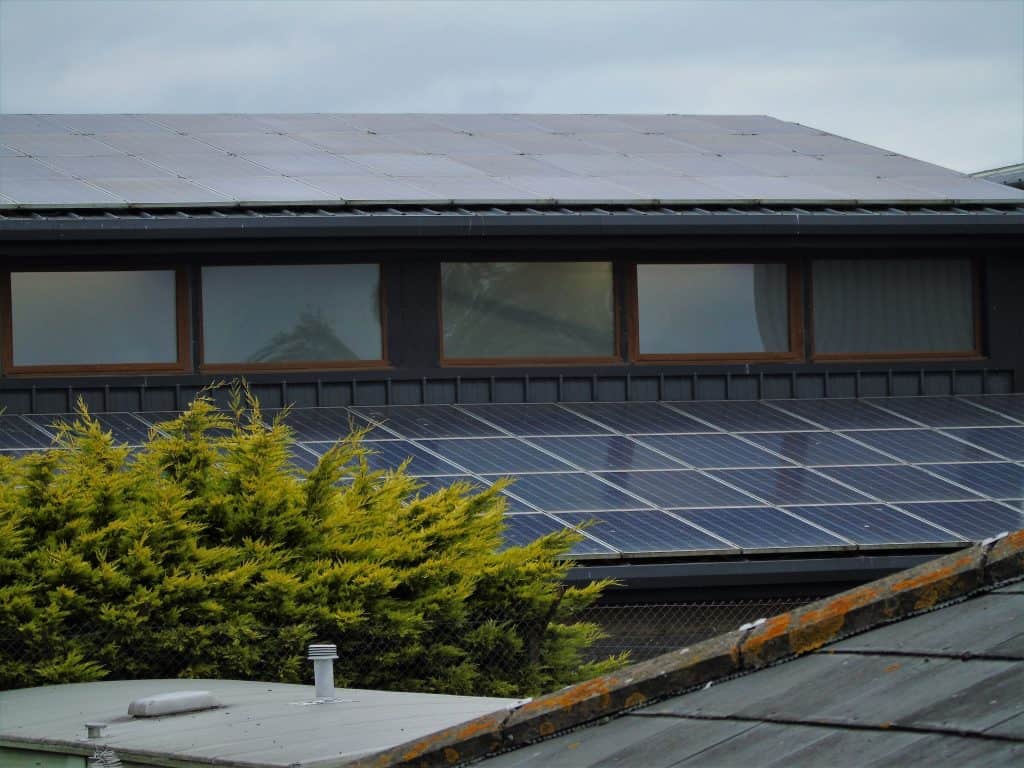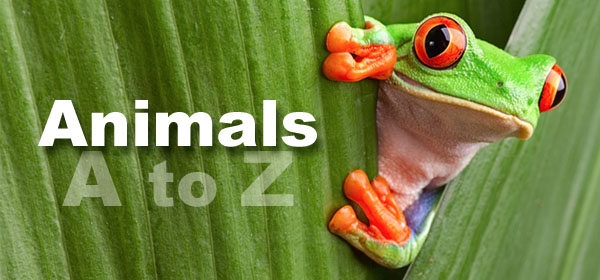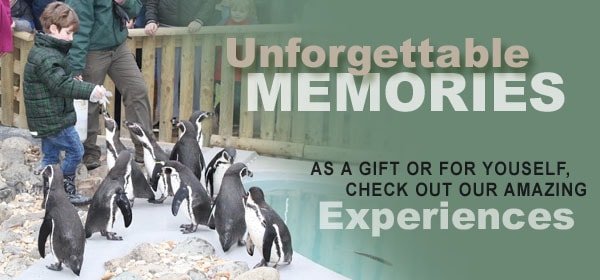This week we have been invited to celebrate the Great Big Green Week (18th– 26th Sept) with The Climate Coalition and BIAZA. We wanted to take this as an opportunity to let you know what we are doing at Wingham Wildlife Park to tackle climate change and discuss why this is such an important subject!

Climate Change
Most of us care about having a healthy home which provides us with plenty of food, fresh water and clean air. Climate change threatens this and the existence of many plant and animal species too.
Climate change is the greatest environmental challenge of our time and increasingly extreme weather events are having a big impact on our planet. While it’s undeniable that the planet has been through several cycles in the past of warming and cooling, including 7 ice ages and warming periods in the last 650,000 years alone, the climate is warming 10 times faster than the average previous warming periods.
Our use of oil, gas and coal over the last few hundred years have taken their toll. CO2 released from burning these fossil fuels traps heat that would otherwise escape though our atmosphere and it is this that is increasing the temperature of our planet.
However, climate change doesn’t just affect the temperature but the weather as a whole worldwide. We’ve all seen concerning weather reports in recent years linked to climate change, I’m sure! This varies from increases in rainfall (leading to flooding) in some areas to less rainfall in others (leading to drought). Not to mention, stronger storms, increasing numbers of wildfires and rising sea levels.
However, there is still so much we can do to curb this before it’s too late. Here at WWP we are proud of the steps we have taken to tackle climate change and to inspire you at home too!
Solar Panels
You may have noticed some of the solar panels around the park when visiting. Well, these produce around 32500 kWh of power. That is enough to power 10 houses for a whole year!

What can you do?
Use solar panels where possible. They don’t have to power the whole house, even small changes like solar lights for the garden or shed are a great start!
Heating
Biomass Boiler Heating
Animals like our giraffes, orangutans and chimpanzees all like to keep warm because of the habitats they would be found in in the wild. So, to heat their houses (and our indoor play areas too) we use biomass boiler heating systems and use only sustainable pellets to fuel them.

Ground Source Heating
We also use ground source heating in our Reception building which naturally helps to heat the water in our heating system.
What can you do?
Setting your thermostat to a comfortable temperature when you are in rather than a tropical one and turning the heating off altogether while you are out for the day/on holiday is a really positive step.
DKY that by turning your thermostat down by as little as 1°C you can save 325kg of greenhouse gasses per year?
Power saving
We use LED bulbs wherever possible which cuts our lighting energy consumption by around 50%. Plus, we use sensor lights in our toilets to ensure they are not on when they don’t need to be.
What can you do?
Change your incandescent light bulbs for LED’s, turn lights off when you are not using them or are leaving the room and turn off appliances (rather than leaving them on standby) particularly when you are going on holiday.
DYK that switching 10 old bulbs to energy saving ones can save 260kg of greenhouse gasses every year?
0% Waste to Landfill
Recycling has a hugely positive impact on our planet and it is something which we are very passionate about.
You may have noticed that at our park we have just 1 type of bin. This is because we have found in the past that letting people sort their own recycling could cause confusion and still need sorting to get rid of contaminants.
As such we decided to use a service which, despite being more costly, allows us to keep all our waste together and have it sorted locally, resulting in 0% going to land fill!
We only separate our cardboard and this is to ensure that it stays as clean as possible for the recycling process.
We also recycle your old mobile phones. Find out more about this here.
What can you do?
Dispose of your rubbish properly and use the correct bins, both at home and out and about. Try to reduce your single use plastic consumption with reusable bottles and cups, bamboo/ metal straws, and consider buying refills for empty packaging.
Bring us your old mobile phones to recycle for you the next time you visit the park! Disposing properly of things like laptops and batteries will also make a big difference to the environment too and prevent toxic chemicals and plastic from damaging the soil and atmosphere around landfill sites. Additionally, it can reduce the need to destroy forests and dig up the earth to extract precious metals and minerals such as copper, gold, silver and coltan.
You can also do something more hands on if you prefer by taking part in a beach clean or litter picking initiative.
Composting
We compost around 300Kg of supermarket and local producer fresh produce waste every week when it is too far gone to feed to our animals. In addition to this we compost more than 500Kg of straw, shavings, hay, foliage, garden waste and manure each week.
Our dedicated compost heap optimises composting conditions, creates an important habitat for bird feeding and hibernators and ensures that this waste doesn’t have a negative effect on the local environment.
This compost is then used around the park or by request from local producers and organic gardeners.
What can you do?
You can compost too but if you don’t want your own compost heap just make sure you dispose of your garden and food waste properly so that recycling facilities can use this resource instead.
Remember to check your compost heap when turning it, especially during the winter as some animals may be asleep in this nice warm habitat.
DYK you can compost a huge variety of things including grass cuttings, tea bags, coffee grinds, vegetable peel, egg shells, plant cuttings, leaf litter and your pets hay and straw?
Sustainable forestry
In construction we only use timber which has been certified by the Forest Stewardship Council (FSC) who promote the responsible management of forests around the world.
Wherever we have had to remove trees which are unsafe or during park development we have ensured to replace them, often with evergreens.
Picnic benches and tables found around the park are ordered from suppliers who produce them from recycled plastic as opposed to having new wooden benches.

What can you do?
Wherever possible try to buy forestry products that have been certified by the FSC (just look for the tick tree logo above) or a similar organisation that certifies sustainable forestry. Also try to source locally grown woods.
Again place your your cardboard and paper in the correct recycling bin to allow it to be used to make new paper products.
Change for Climate Change
Concern about the climate is normal but we can all take steps to actively eliminate and reduce our impact on global warming.
I hope some of these ideas inspire you to find new ways to tackle climate change. Of course, there are so many other ideas out there to help us make positive changes in our own ways. If you don’t like the ideas above but you want to plant a tree or up-cycle your old furniture instead of buying new that’s great too. See what you can find and maybe even let us know? Plus keep an eye out for new signs going up around the park in the coming weeks all about this!


